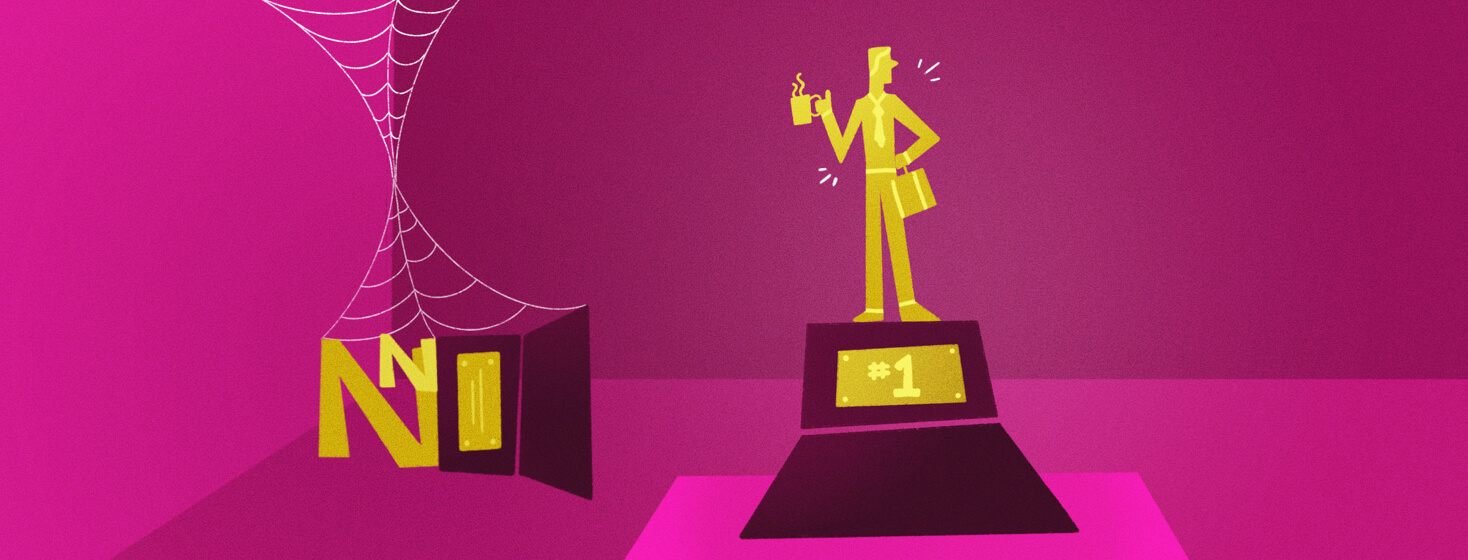Where Does Narcolepsy Stigma Come From?
When I was first diagnosed with narcolepsy, I internalised all of the stigma that comes with it.
Narcolepsy is often not taken seriously by people in society and by healthcare professionals. The media portrays narcolepsy as a joke, and most people think that people with narcolepsy are just being lazy.
When I was diagnosed, I was ashamed of having narcolepsy and believed that I was lazy, so I avoided telling people because I did not want them to view me that way.
Why is there so much stigma surrounding narcolepsy?
Now, I have accepted that I have narcolepsy and am not ashamed to tell people I have it. I also try to raise awareness of narcolepsy and try to tackle the stigma that is associated with it. I also recently did my research project for my master's degree on narcolepsy. These two things have led me to question: Why does narcolepsy have so much stigma associated with it?
I think I have an idea. I think that narcolepsy stigma comes from the way that sleep is portrayed in society.
Prioritizing healthy sleep is viewed as laziness
Think about it: generally, when someone gets up early, society praises them. Yet when someone says they woke up at 11 AM, regardless of any reason why, people automatically shame them for being "lazy."
Similarly, if someone takes a nap, it is seen as a lazy habit. This view of extra sleep being synonymous with laziness exists despite the fact that we have a biological drive to sleep. Additionally, it exists even though we know the benefits of sleep. So, why is it we view sleep this way?
How society views sleep, work, and life
We live in a society that is ultimately set up for overworking. Not only this, but we glamourise it and glamourise productivity. It is all about that "hustle culture," where we are taught that we always have to be working harder and harder. Society tries to show us that productivity comes above all else, regardless of its consequences.
We can see this in the way that we applaud and admire people who work more hours in a day, even if they have poor work-life balance and are not getting adequate sleep. Someone who only works for a few hours but is getting adequate sleep is not regarded as highly, despite what we know about the health consequences of poor sleep.
As a result of this glamourisation, any moments spent not being productive are seen as laziness. And that extends to sleep. When we are asleep, we are not being productive; someone who is sleeping more than others is seen as less productive and is shamed for being "lazy."
Undoing the stigma surrounding sleep and productivity
Narcolepsy is characterised by excessive daytime sleepiness, which people see as sleeping more than others. Sleepiness is associated with laziness due to lack of productivity; therefore, by association, narcolepsy is seen as laziness despite it having a biological basis.
I think to completely undo narcolepsy stigma, society needs to change its perceptions of sleep and productivity. We need to move away from this toxic productivity (and ultimately capitalist) mindset and instead encourage more healthy lifestyles.
Where do you think narcolepsy stigma comes from? Share with us in the comments below.

Join the conversation